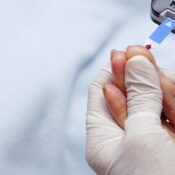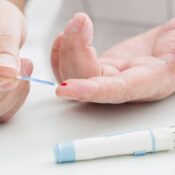Understanding Dengue Fever: Causes, Symptoms, and Transmission
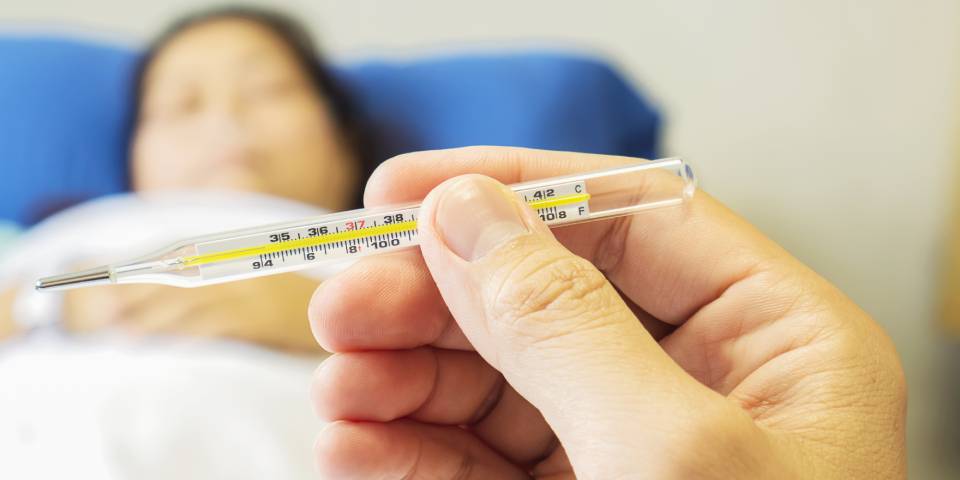
Dengue fever is a prevalent mosquito-borne viral infection that poses a significant health threat in many parts of the world. It is crucial to understand this disease, its causes, symptoms, and how it spreads to take appropriate preventive measures and seek timely medical attention. In this blog, we will delve into the details of Dengue fever, shedding light on its transmission and the importance of awareness and expert medical care. We will also mention Dr. Shashi Bhushan, a well-known and highly skilled Consultant Physician and Diabetologist, who has contributed immensely to the field of medicine in Hinjewadi, Pune.
Understanding Dengue Fever:
Dengue fever is caused by the Dengue virus, which belongs to the Flavivirus family. It is primarily transmitted through the bites of infected Aedes mosquitoes, mainly Aedes aegypti and Aedes albopictus. These mosquitoes are commonly found in urban and semi-urban areas, making densely populated regions susceptible to Dengue outbreaks.
Symptoms of Dengue Fever:
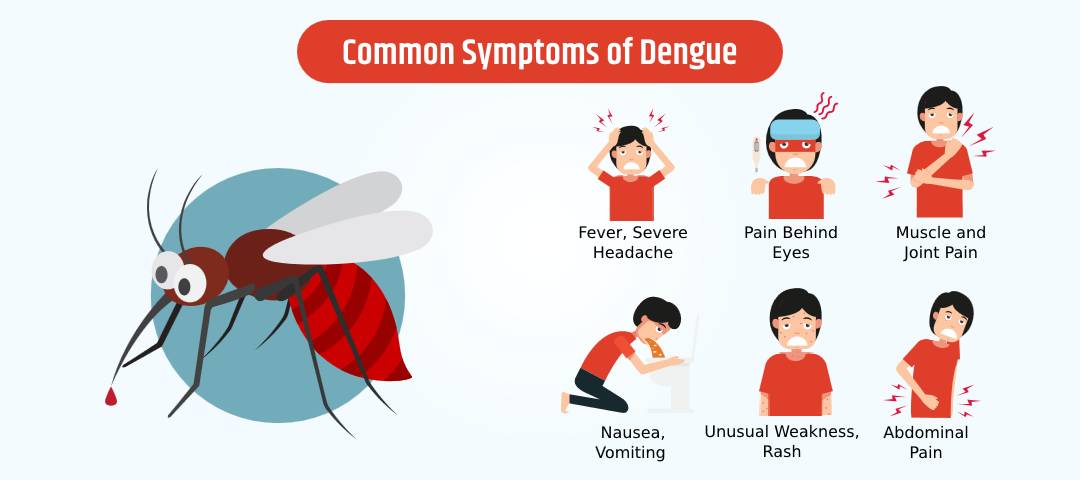
The symptoms of Dengue fever can vary from mild to severe and usually appear 4 to 10 days after being bitten by an infected mosquito. The common signs and symptoms include:
- High fever: Sudden onset of high fever, often reaching up to 104°F (40°C).
- Severe headache: Intense headaches, especially around the forehead and behind the eyes.
- Pain and muscle aches: Severe joint and muscle pain, earning Dengue its nickname “breakbone fever.”
- Nausea and vomiting: Feeling nauseous and vomiting are common in Dengue cases.
- Skin rash: A characteristic skin rash may develop, which usually appears after a few days of fever onset.
- Fatigue and weakness: Dengue fever can cause significant fatigue and weakness, affecting daily activities.
Severe Dengue:
In some cases, Dengue fever can progress to severe Dengue, also known as Dengue Hemorrhagic Fever (DHF) or Dengue Shock Syndrome (DSS). Severe Dengue can lead to life-threatening complications, such as internal bleeding, organ failure, and shock.
Transmission of Dengue Fever:
As mentioned earlier, Dengue is primarily transmitted through the bites of infected Aedes mosquitoes. When a mosquito feeds on a person with Dengue virus in their bloodstream, it becomes infected. The virus then replicates within the mosquito for about 8 to 12 days, after which the mosquito can transmit the virus to another person during its subsequent blood meals.
It is essential to note that Dengue is not directly transmitted from person to person. Instead, humans act as reservoirs for the virus, and mosquitoes serve as vectors that facilitate its spread.
Treatment of Dengue Fever:
Currently, there is no specific antiviral treatment for Dengue fever. Supportive care is the mainstay of treatment, which focuses on managing symptoms and preventing complications. Patients with suspected or confirmed Dengue fever should seek immediate medical attention to receive proper care.
Fluid Replacement: Maintaining proper hydration is crucial, especially in cases of high fever, vomiting, and diarrhea. Intravenous fluids may be administered to restore electrolyte balance and prevent dehydration.

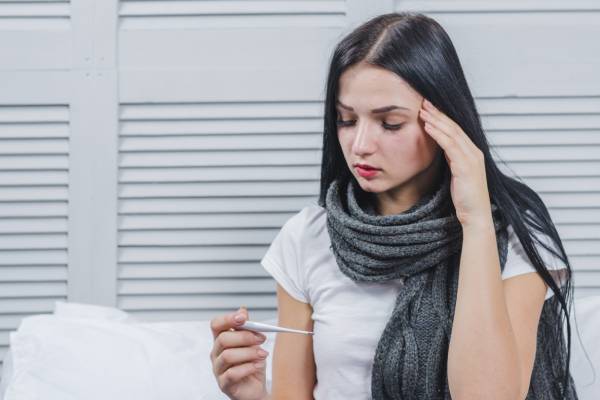
Pain and Fever Management: Over-the-counter pain relievers like acetaminophen can help alleviate pain and reduce fever. However, non-steroidal anti-inflammatory drugs (NSAIDs) like aspirin should be avoided as they may increase the risk of bleeding.
Rest and Monitoring: Adequate rest is essential for the body to fight the virus. Regular monitoring of vital signs and blood platelet counts helps in identifying any signs of deterioration.

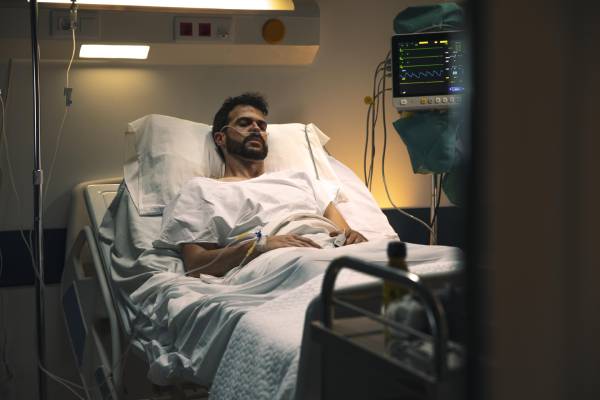
Hospitalization for Severe Dengue: Patients with severe Dengue require close monitoring and may need hospitalization. In some cases, blood transfusions may be necessary to manage bleeding.
Dr. Shashi Bhushan's Expertise:
In the medical community of Hinjewadi, Pune, Dr. (Lt Col) Shashi Bhushan (Retd) is a name synonymous with excellence and compassionate patient care. With over 20 years of experience as a Consultant Physician and Diabetologist, Dr. Bhushan has developed expertise in managing various health conditions, including infectious diseases.
A graduate of the prestigious Armed Forces Medical College (AFMC) in Pune and a post-graduate in General Medicine from the Institute of Naval Medicine, INHS Aswini, Dr. Bhushan’s academic proficiency, and dedication have earned him several distinctions and accolades.
His holistic and personalized approach to patient care involves considering not only their medical history but also their lifestyle, habits, and emotional well-being. Dr. Bhushan’s compassionate and empathetic nature, coupled with his clinical skills, has earned him a reputation as one of the best physicians in the region.
Summary:
Dengue fever is an important public health concern, and understanding its causes, symptoms, and transmission is essential for prevention and early detection. As we continue to combat Dengue, it is heartening to know that dedicated medical professionals like Dr. Shashi Bhushan are actively contributing to the field of medicine in Hinjewadi, Pune. His commitment to comprehensive and compassionate care serves as a beacon of hope for patients seeking expert medical attention in the region.
Remember, prevention is key in the fight against Dengue fever. By adopting preventive measures and seeking timely medical advice, we can collectively work towards reducing the impact of this mosquito-borne disease on our communities.



